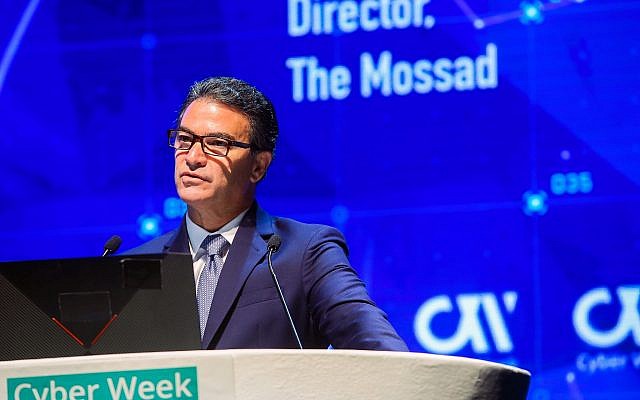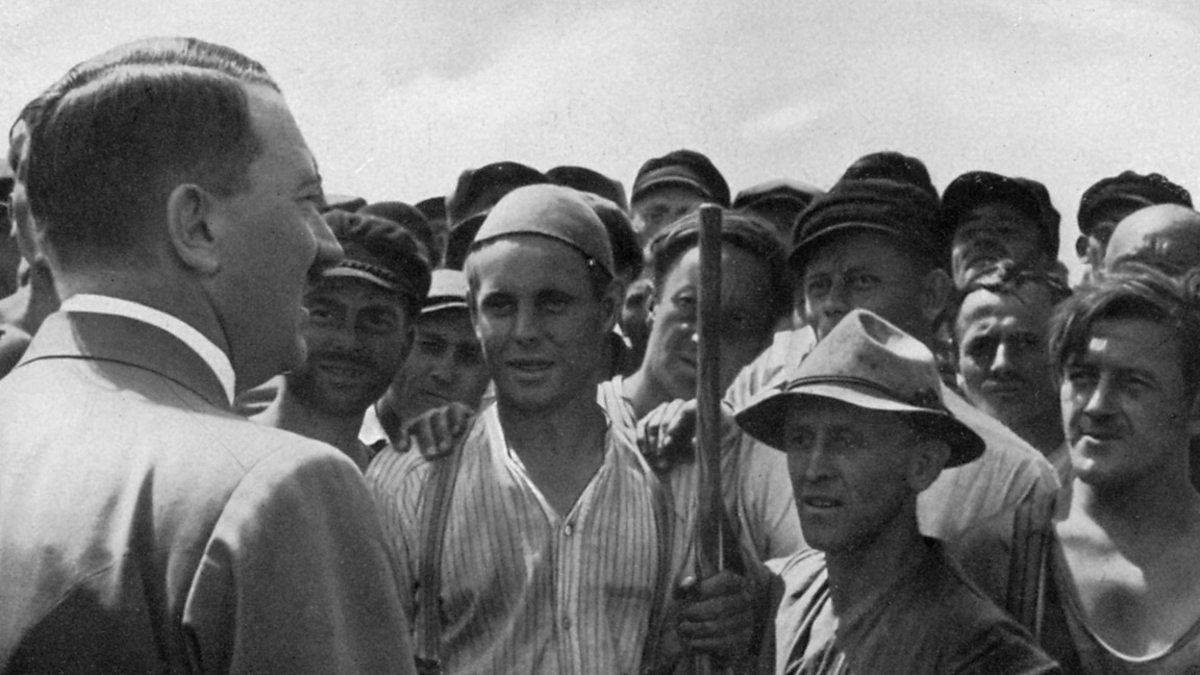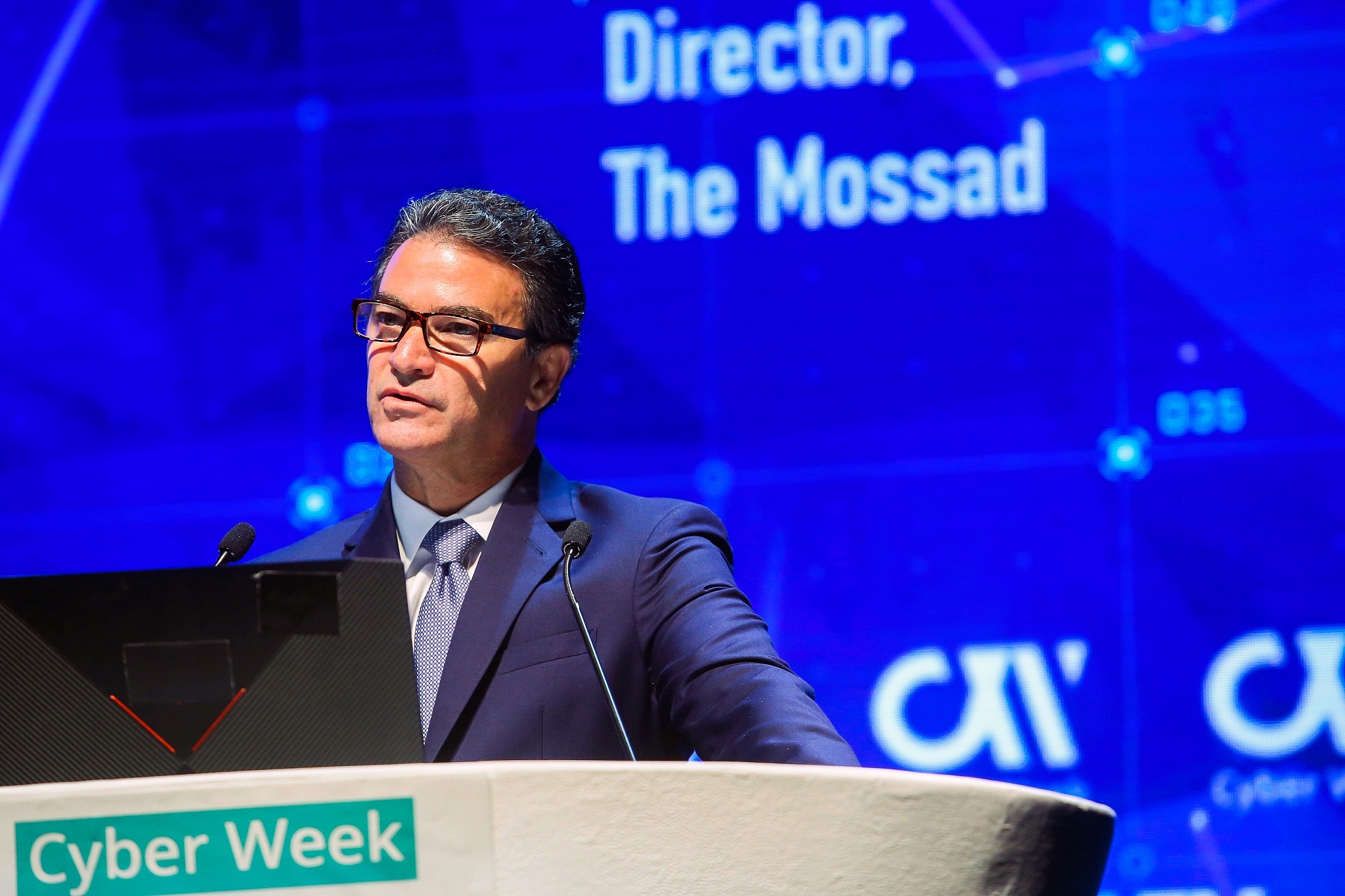Nice fan fiction.
My argument is super simple. Don't help fund Hamas for years - because they're terrorists. Which is exactly what Netanyahu's regime did including sometimes getting the IDF to personally escort the suitcases of cash into Gaza.
All you gasliighters and excuse makers can't escape that very inconvenient fact. Netanyahu's Israel helped keep Hamas afloat for years financially.
Quite pathetic that you can't admit FUNDING TERRORISTS FOR YEARS was a bad idea. This is what I mean when I say you Israeli supporters cannot admit one single thing they did wrong.
Blah blah. Bunch of excuse making bullshit. All your proclamations of how Hamas must be destroyed at all costs kind of falls on deaf years when they've been literally helping to fund them.
Netanyahu sent Mossad head, general to Qatar, ‘begged’ it to pay Hamas
Yisrael Beytenu party leader says the pair were sent by PM two weeks ago to convince Doha not to end its money transfers to the Gaza-based terror group

www.timesofisrael.com
Yisrael Beytenu party leader says the pair were sent by PM two weeks ago to convince Doha not to end its money transfers to the Gaza-based terror group

Head of the Mossad Yossi Cohen speaks at a cyber conference at Tel Aviv University on June 24, 2019. (Flash90)
Mossad chief Yossi Cohen and the top officer of the Israel Defense Forces in charge of Gaza, Herzi Halevi, visited Qatar earlier this month on the instructions of Prime Minister Benjamin Netanyahu to plead with its leaders to continue their periodical payments to Hamas, Yisrael Beytenu party chief Avigdor Liberman claimed Saturday night.
Speaking to Channel 12 news, Liberman censured Netanyahu for having “begged” the Qataris to continue supporting the Gaza-based terror group.
“On Wednesday two weeks ago the head of Mossad… and the head of [IDF] Southern Command visit Qatar on an errand from Netanyahu, and they simply beg the Qataris to keep sending money to Hamas after March 30. The Qataris have said they will stop sending money on March 30,” Liberman said.
“Both Egypt and Qatar are angry with Hamas and planned to cut ties with them. Suddenly Netanyahu appears as the defender of Hamas, as though it was an environmental organization. This is a policy of submission to terror,” he said, adding that Israel was paying Hamas “protection money” to maintain the calm.
The Yisrael Beytenu leader has become a leading critic of Netanyahu’s, and twice frustrated Netanyahu’s efforts to form a majority coalition after elections last April and September. Israel goes to the polls for the third time in a year on March 2.
In the TV interview, Liberman also
said that Netanyahu will seek a plea bargain after the elections, having been indicted for graft in three cases. The prime minister’s trial is set to start on March 17. Netanyahu “is not running in these elections in order to put a government together. He’s running in order [to strengthen his position] to seal a plea bargain,” said Liberman.

Prime Minister Netanyahu at the weekly cabinet meeting at the Prime Minister’s Office in Jerusalem, December 29, 2019. (Abir Sultan /Pool via AP)
With Israel’s approval, Qatar since 2018 has periodically provided millions of dollars in cash to Hamas to pay for fuel for the Strip’s power plant, allow the group to pay its civil servants and provide aid to tens of thousands of impoverished families.
Israel has reportedly done so in exchange for Hamas ensuring calm in the south and as part of efforts to reach a long-term ceasefire with the terror group.
Yisrael Beytenu party chairman Avigdor Liberman speaks during an event in Ashdod, southern Israel, on December 12, 2019. (Flash90)
Liberman, the former defense minister, has accused Netanyahu of paying
protection money to Hamas in the past (despite the payments having started during his time in office).
The transfers were also
opposed by Palestinian Authority President Mahmoud Abbas, who has sought to pressure and weaken Hamas in Gaza.
Israel’s government has offered little information about the transfers.
Recently tensions along the border with Gaza have escalated due to an increase in rocket attacks and the use of helium balloons carrying explosives and incendiary devices into Israeli territory.
File: Israeli Southern Command chief Maj. Gen. Herzi Halevi in Jerusalem on November 2, 2015. (Flash90)
Palestinian terrorists in the Gaza Strip began sending clusters of balloons and kites into Israel laden with explosives beginning in 2018. The practice has waxed and waned over that time, but has picked up considerably in recent weeks, with dozens of such balloon-borne bombs landing in towns and farming communities adjacent to the Palestinian enclave.
Netanyahu said on Tuesday the military was planning a “big surprise” for Hamas if the terrorist group failed to rein in violence aimed at southern Israel, amid reports that Israel was contemplating the assassination of two senior Hamas leaders.
Lebanese Al-Akhbar newspaper reported Thursday that Hamas has warned Israel against any severe measures, saying the immediate response would be a rocket barrage on Tel Aviv.
Israel and Gaza have engaged in several sporadic rounds of violence over the last two years as the sides attempted to reach a long-term ceasefire.
The last major conflict between the two sides was during a fifty-day clash in 2014, dubbed by the IDF as “Operation Protective Edge.” During the fighting Hamas and other Palestinian terror groups in Gaza launched thousands of rockets into Israel, including at Tel Aviv and other central regions of the country.









